My Fujifilm X-H2, like all other mirrorless cameras, is an incredible piece of kit. The technology packed within its small dimensions is astounding. It shoots 40mp photos, 8K video and has more functions than I could learn in a lifetime.
All of that is great but as I get older I find myself yearning for a simpler type of camera. The Nikon FM2 of the digital world. Before you start going off at me about being too old to embrace technology, hear this. I love technology, I am from the first computer-literate generation. We had computers in our school in 1980, I had a ZX81 at home when I was 15. I embrace technology and quite happily spend hours watching Marques Brownlee and others reviewing the latest and greatest.
But that’s not really the point.
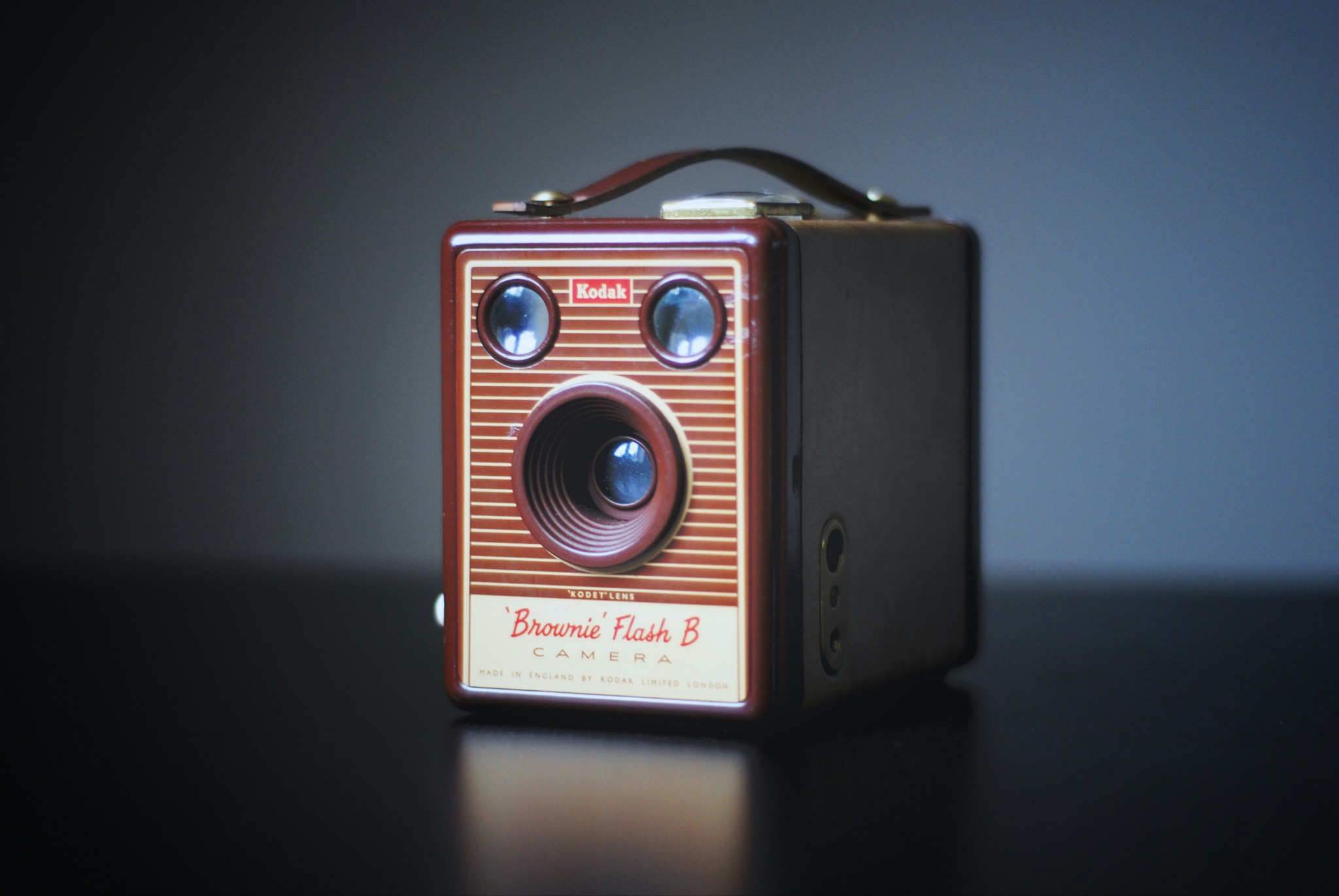
The Complexities Of Modern Cameras
I think many modern cameras fall into the 1% rule. That is, 99% of photographers use 1% of the capabilities. Yes, that may be an exaggeration but you get the gist.
Many modern cameras seem to pack in extra functions more as marketing tools than as useful functions.
Let’s take my X-H2 as an example. It has focus peaking, an incredibly useful function for both stills and video that allows the photographer to determine exactly what is in focus. However, I can adjust the colour and intensity of that focus peaking in multiple different ways.
Is that needed?
Does the extra complexity that it adds to the menu system make my photography more streamlined?
The answer is no.
Now it could be argued that people with colour blindness might want to choose a specific peaking colour, but given the plethora of other focusing aids beyond peaking, that is somewhat clutching at straws.
I think a classic example of this is the multitude of custom modes that cameras offer these days. Mine has seven, each can be programmed for stills or video and tuned with any one of several hundred different functions. Great, you might say, you can fine-tune your camera to many different scenarios.
However, here’s a question. How many of you can remember exactly what you tuned your custom modes to?

An Experienced Photographer Doesn’t Need Custom Modes
Beyond the custom modes, virtually every button on my camera can be programmed to carry out a multitude of different functions. Yes, that can be useful, but only if you don’t constantly chop and change those buttons around. You still need to train your muscle memory to what each button does. The moment you change one button, you will find yourself having to retrain yourself on all of them.
Returning to the custom modes, perhaps you set one up for shooting landscapes. It’s aperture priority, ISO level low, single point focus mode, DofF indicator in the viewfinder and so on. Yet as a landscape photographer, setting all this would be completely instinctive anyway.
How often do you switch between multiple genres in a single shoot? Photography, for all its apparent complexity, is actually quite simple.
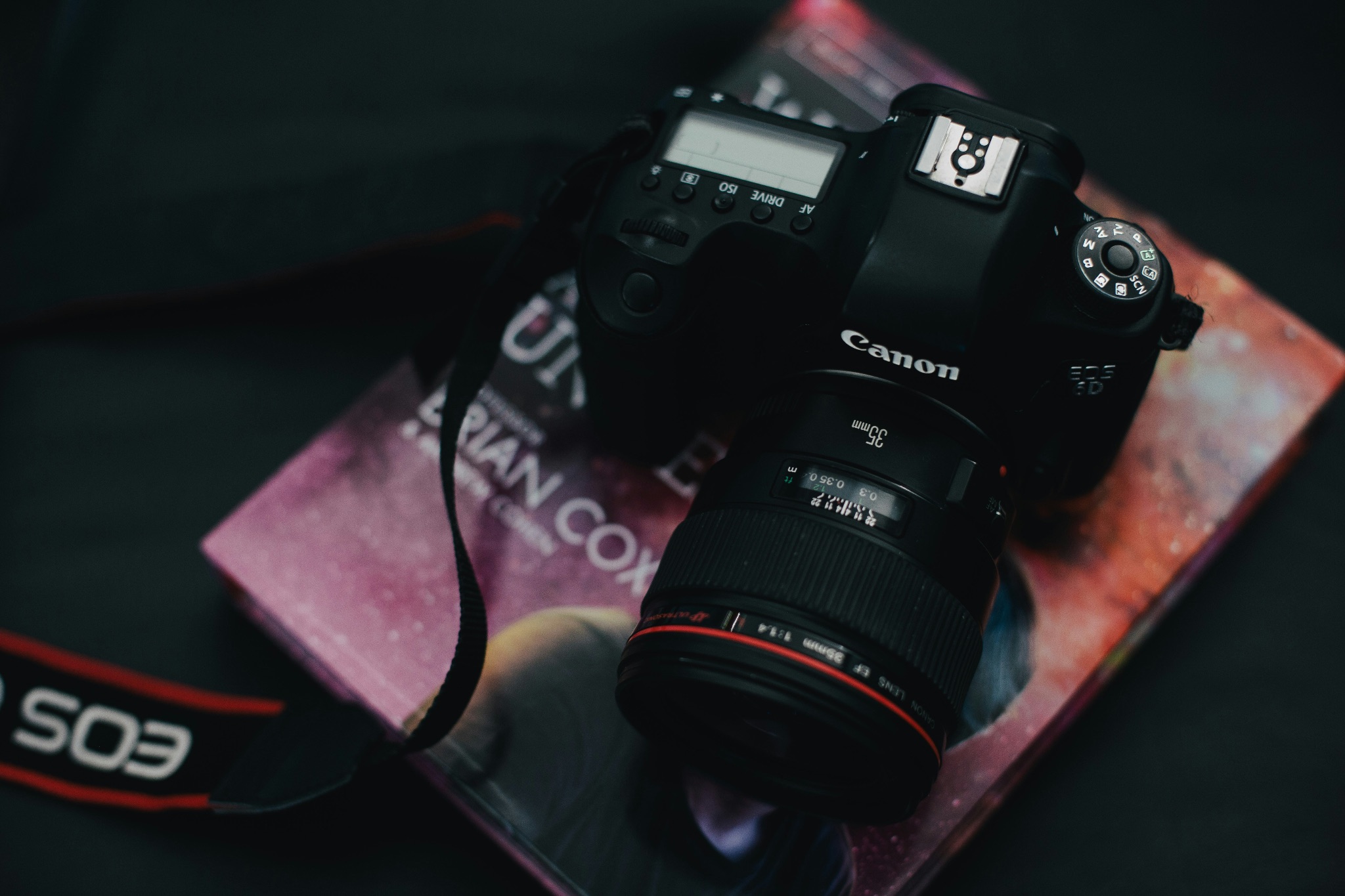
Photography is Simple, Cameras are Not
Pretty much from day one, photography can be broken down into five simple elements. Shutter speed, aperture, film speed, metering and focus, that is. That’s all a camera needs to function. The complexities come from what we choose to do with those elements.
The portrait photographer will set a nice wide aperture, meter for the face, focus on the eyes, check if their shutter speed is high enough and shoot. That’s how it was done for over 100 years. That’s how it was done in every genre of photography. That’s how it can be done with modern cameras, but it’s got to the point where the technology actually gets in the way.
Have it set the right focus mode for capturing the eyes? Am I on spot metering to get the face exposed correctly? Is image stabilization on? Is Auto ISO limiting film speed to low enough levels? You need to have a memorized checklist of settings before you start shooting and that, in my opinion, stifles creativity.
Simpler Camera – It Will Never Happen
You might argue that some manufacturers have models that return us to the analog era. Fujifilm X series cameras are famously retro. Nikon Z fc and Z f hark back to the days of film.
But as retro as these cameras are, they are still packed full of the same technology as their modern-looking peers. They still have a plethora of functionality buried deep within multi-level menus. They still have custom modes, and programmable buttons. They still have the 99% that many of us will never use.
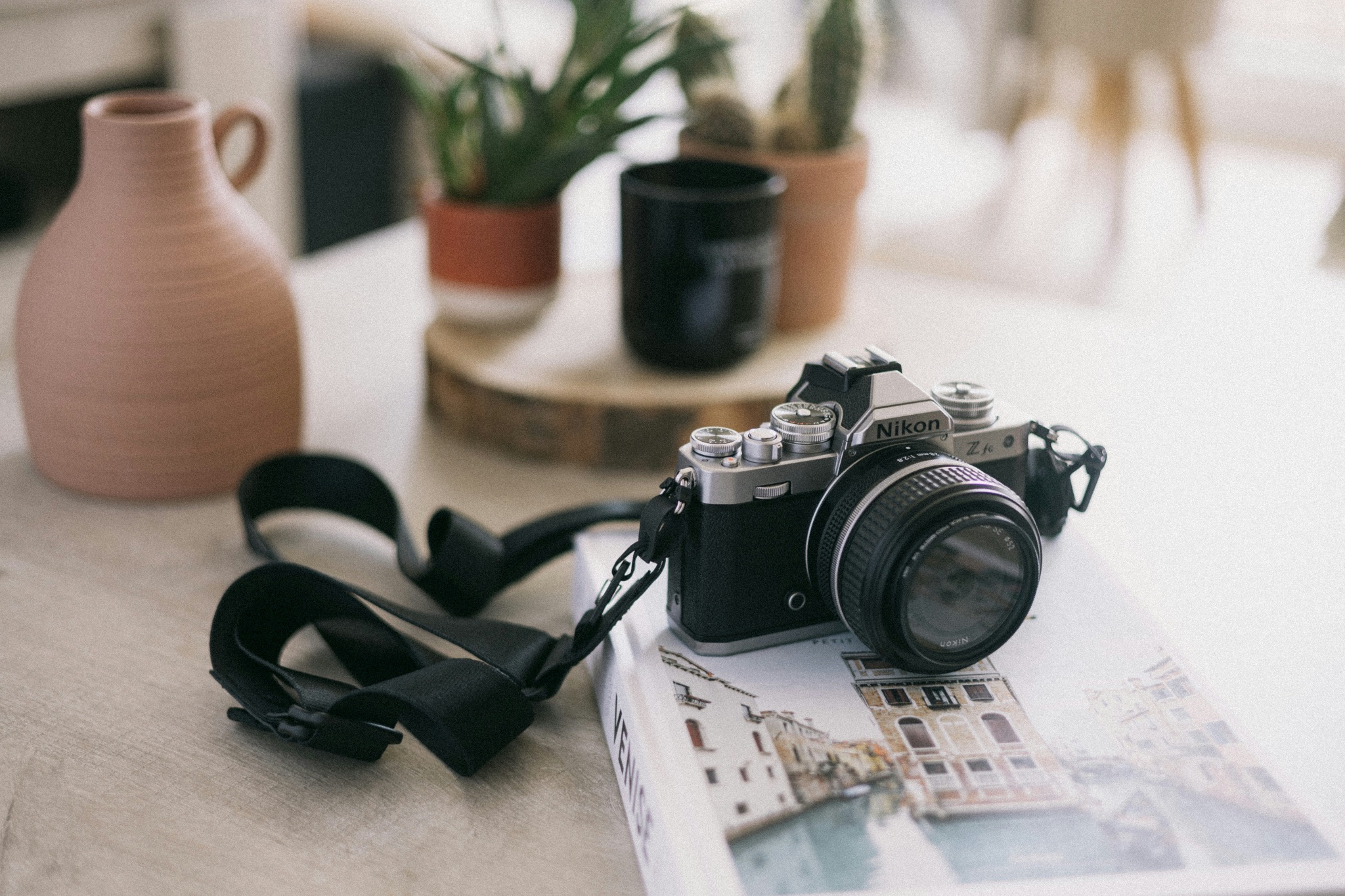
What I yearn for, and what will never happen is a digital Nikon FM2. A camera where I half press the shutter to read a simple center-weighted meter. Where I turn a ring to set the aperture, turn dials to set the shutter speed and ISO, focus then shoot. The FM2 famously had no need for batteries, a concession that a digital version would have to make. I might concede a basic autofocus system and LCD as well, but the rest, it's just not needed.
It will never happen, not because there is not a demand for it, but because there is not a mass demand for it. That’s understandable, camera companies are never going to invest tens or hundreds of millions into a product that would have only a very niche market. But that doesn’t stop me from wanting one.
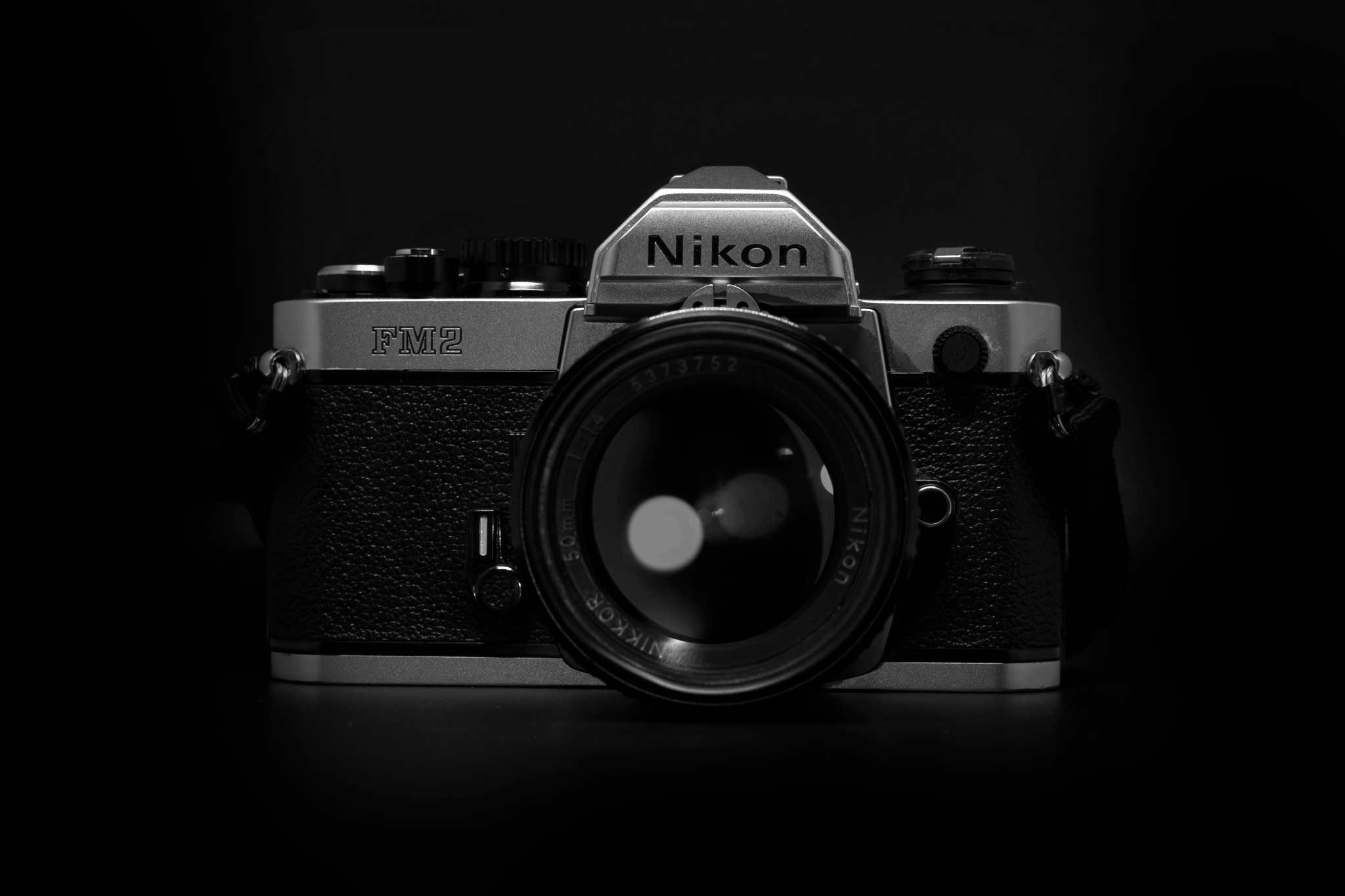
It’s Not For Everyone
Now I fully understand that to many the idea of a manual, basic digital mirrorless camera is absurd to some. Indeed, I doubt I would be using it myself in a commercial shoot. The tools modern cameras provide are, in the main, fantastic and bring huge benefits to us photographers and videographers.
However, there are times when I just want to be out shooting something beautiful, for myself. Alone, in nature, just me and my camera. It’s those times that I yearn for a simple camera, one where I do all the processing, thinking the shot through, judging whether the meter is right, manually focusing on exactly the right point, overriding the center-weighted as it’s clearly going to underexpose, using my skill as a photographer to get the shot, without resorting to CPUs.
Some of you are currently yelling at the screen, buy a film camera then. And yes I could but here’s the crushing juxtaposition, as much as I want to get back to basics, I still want that amazing, instant gratification that I nailed the shot.
Only digital can give me that.

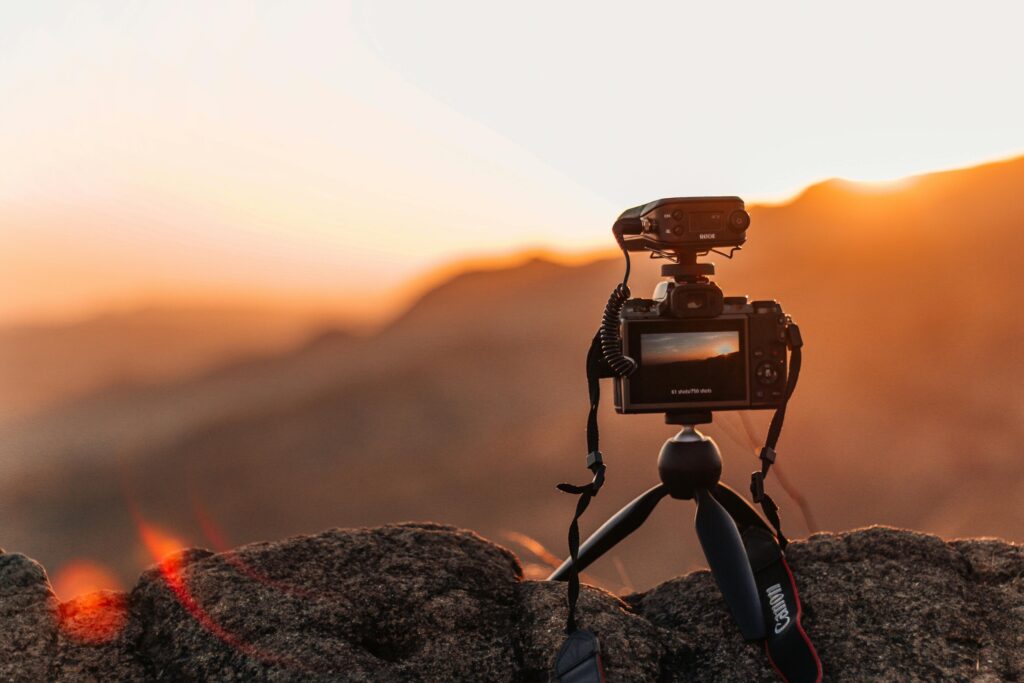
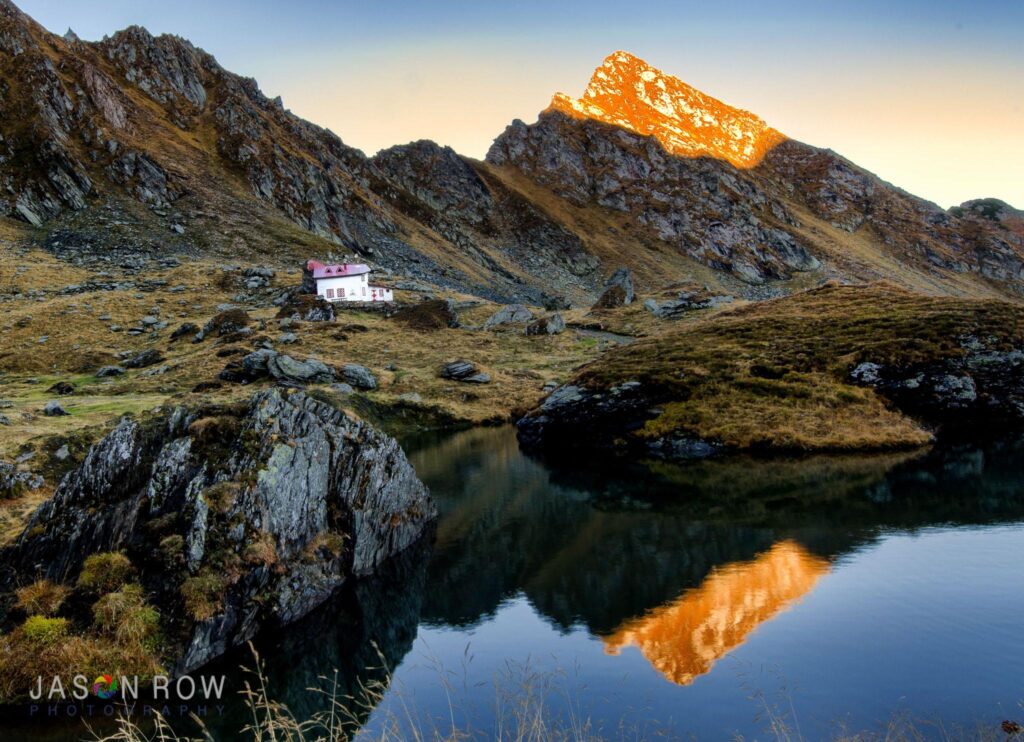


2 Comments
Try a Leica M. Maybe a secondhand Leica. You will love it.
Oh, I couldn’t agree with you more on this subject!
I grew up shooting film using mostly simple cameras and really learned how they work along the way. When you do have the experience, the only thing needed are the basic controls and a decent enough light meter. Everything else is a road block for me that I have to work around.
Currently, I’m a Fujifilm user. Their cameras are the only ones that make me feel somewhat at home. A Leica M (or even M-P with no screen) would be ideal, but that’ll never fit into my budget.
I do wish that Fujifilm would release an X-Pro hardcore model that at least hides the technology that’s not strictly needed for photography even more. Skip the video crap in that camera as well. It’s not designed for filming, so why have it just because it’s possible?
I would absolutely love a really simple camera where Fuji created the film simulations as exact replicas of their original film stocks, quirks and all. The we wouldn’t need any extra stuff other than just a control for selecting your current ”film”. After all, genuine looking film simulations are what all we jpeg recipe creators have been chasing all along, isn’t it?